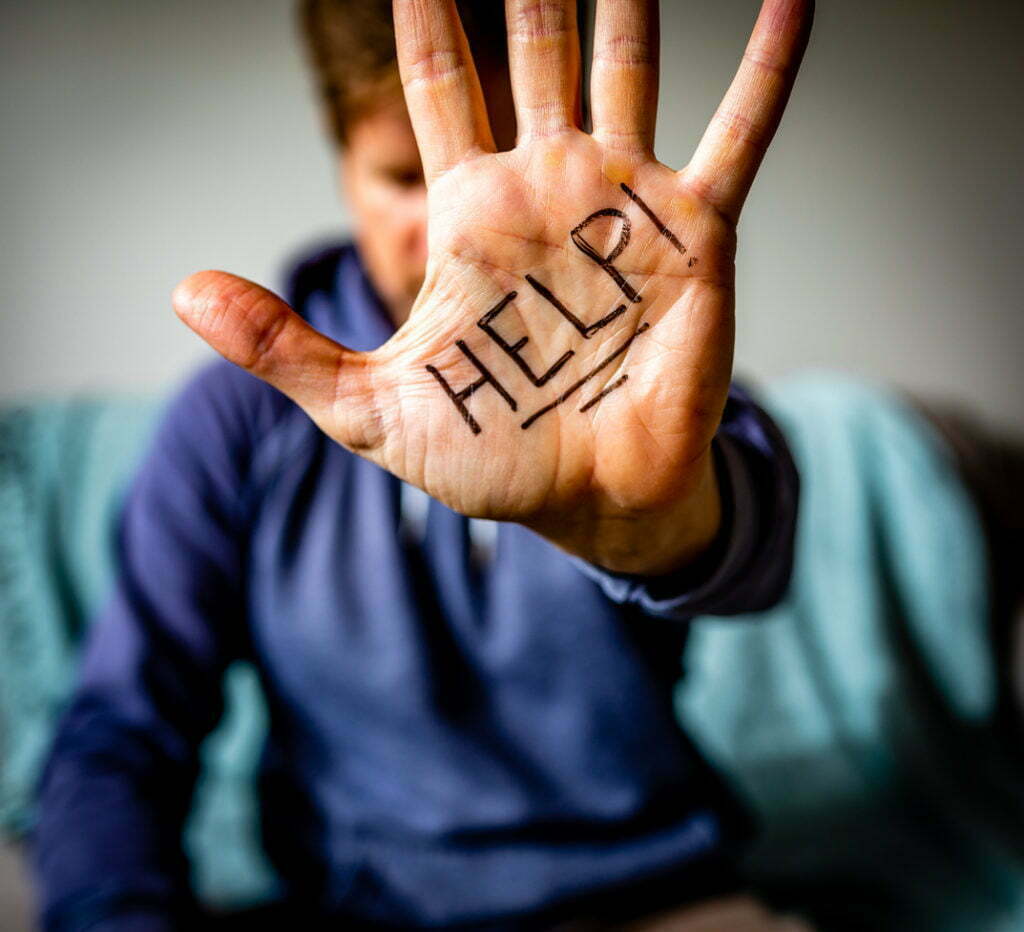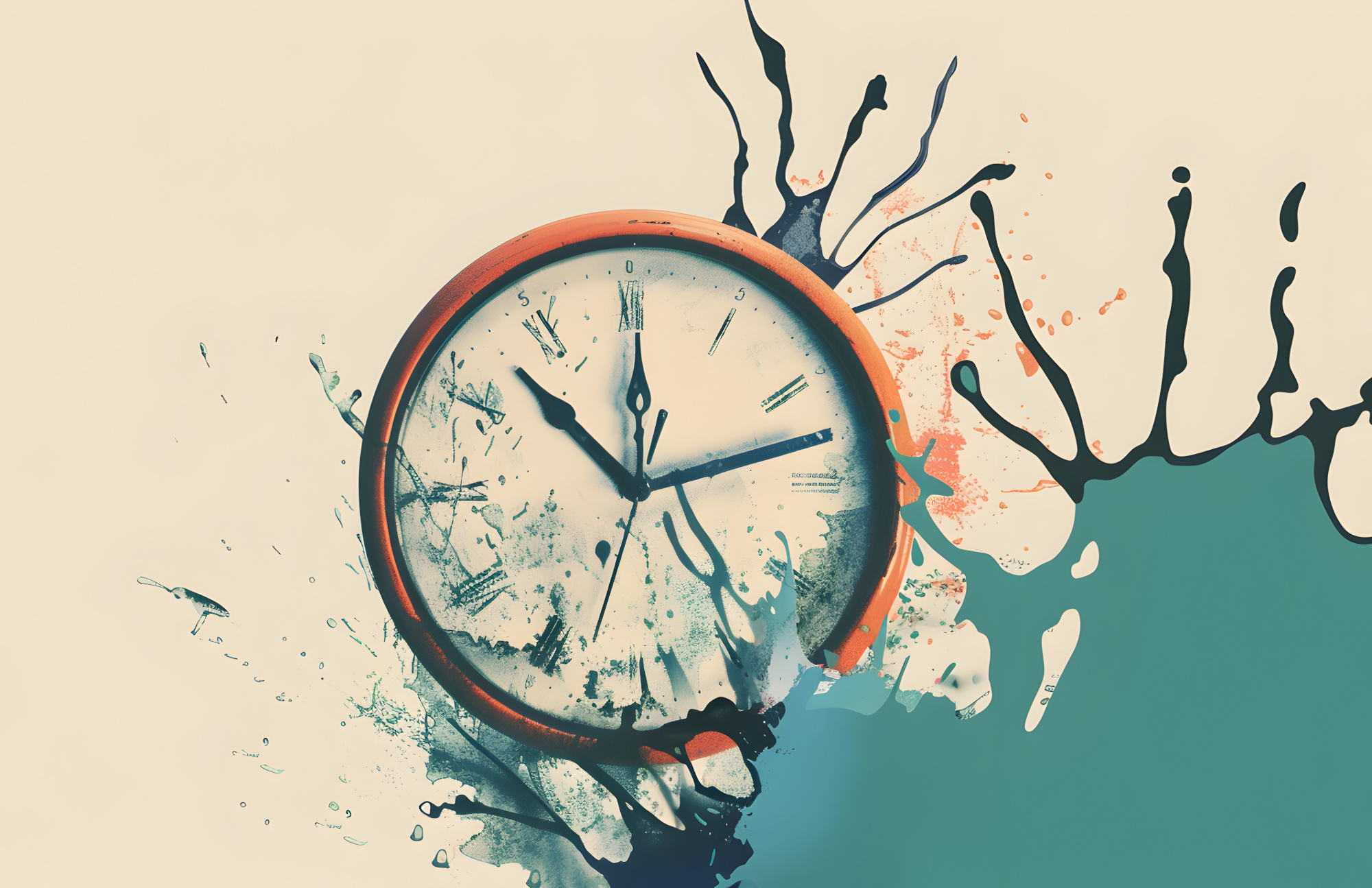If you or a loved one is struggling with substance abuse, you may be scouring the internet for information. As you research addiction and recovery, you might come across the terms “cross addiction” and “cross dependence” and wonder what they mean. Although they both demonstrate the complex interactions between substances and the human body and the brain’s responses, the terms are not synonymous. This article aims to demystify these terms, offering insight and clarity for those who are seeking recovery from addiction or supporting a loved one in their recovery journey.
So, what do cross addiction and cross dependence mean? Let’s dive in.
Cross Addiction Meaning
Cross addiction, also known as addiction transfer, is a phenomenon where an individual with a history of addiction to a particular substance or behavior develops an addiction to another substance or behavior. This transition is not merely coincidental—it’s rooted in the brain’s wiring and its response to addictive stimuli.
The brain has a tendency to seek pleasure or relief from discomfort, regardless of the source. When an individual abstains from one addictive substance, the brain’s craving for reward and relief can lead to the adoption of another addictive behavior as a substitute. This could manifest in various forms – from substance abuse, such as alcohol or drugs, to behaviors like gambling, eating, or shopping.
Cross Dependence: A Closely Related Concept
Cross dependence is often mentioned in tandem with cross addiction, but it’s different. It refers to the phenomenon where one drug helps lessen the withdrawal symptoms of another.
Different drugs can affect the body in ways that make it easier to switch from one substance to another. For example, if someone is used to opioids, they might find relief from withdrawal by using alcohol or benzodiazepines, which can create a cycle of dependence on these different substances.

Why Does Cross Addiction Happen?
Cross addiction occurs because of a complex interplay of biological, psychological, and environmental factors. The brain’s reward system, which is involved in addictive behaviors, may generalize cravings and seek similar stimuli when one substance or behavior is restricted. Additionally, underlying psychological issues such as stress, trauma, or untreated mental health disorders can contribute to the development of cross addiction as people try to cope or escape. Environmental influences, including peer pressure, accessibility of substances, and exposure to triggering situations, also play a significant role. By understanding the complex reasons behind becoming cross addicted, individuals and healthcare professionals can implement targeted interventions and strategies to address underlying issues and promote sustainable recovery.
The Implications of Cross Addiction and Cross Dependence for Recovery
Cross addiction and cross dependence have profound implications for recovery. Unfortunately, they can derail progress, which is why it’s so important to implement comprehensive treatment approaches that address the physical, psychological and emotional aspects of addiction simultaneously.
For those in recovery, awareness of cross addiction can actually be empowering. It can guide individuals to monitor their behaviors and impulses, helping them to recognize and address new addictive patterns as they emerge. Similarly, understanding cross dependence can inform better, more cautious approaches to managing withdrawal and detoxification.

Would You Benefit from Dual Diagnosis Treatment?
Sometimes, cross dependence or cross addiction can indicate or exacerbate co-occurring mental health disorders. If you find yourself in a cycle of shifting dependencies or addictive behaviors, coupled with underlying mental health challenges, dual diagnosis treatment offers a tailored approach to address these interconnected issues.
If you’re navigating dependencies that exacerbate existing mental health concerns, a dual diagnosis treatment center can provide the comprehensive support needed to break free from the cycle and achieve lasting recovery. By integrating specialized therapies and interventions, this approach acknowledges the intertwined nature of addiction and mental health. If you suspect that cross addiction or cross dependence may be impacting your life alongside mental illness, exploring dual diagnosis treatment options can empower you to address these challenges effectively and embark on a journey toward lasting recovery.
Avoiding Cross Addiction: Strategies for Wellness
Now that you understand ‘what does cross addiction and cross dependence mean’, you can turn your focus toward strategies for wellness. Here are some key strategies:
- Cultivate healthy coping mechanisms, such as mindfulness practices, exercise, or creative outlets, to manage stress and emotional triggers effectively.
- Build a strong support network of friends, family, or support groups. This can provide invaluable encouragement and accountability in times of temptation.
- Maintaining open communication with healthcare professionals and addressing underlying mental health concerns through dual diagnosis treatment can help mitigate the vulnerability to cross addiction.
- Prioritize self-awareness, self-care, and ongoing recovery efforts, individuals can reduce the likelihood of cross addiction and foster a fulfilling, balanced lifestyle.
- If you’re utilizing all your tools but you’re still struggling with addiction, it may be time to seek treatment. Reach out to a recovery center like The Ohana to get help.
Embracing Recovery Through Comprehensive Awareness
Cross addiction and cross dependence are intricate elements of the addiction spectrum. By understanding these, individuals can better equip themselves to face the complexities of addiction, armed with the knowledge and support necessary to navigate the journey ahead.
The path to recovery isn’t often linear. It’s a mosaic of experiences, lessons, and, most importantly, resilience. For those walking this path, and for those walking alongside them, knowledge of cross addiction and cross dependence is not just academic—it’s a tool in your toolbox, guiding the way toward healing and wholeness.







